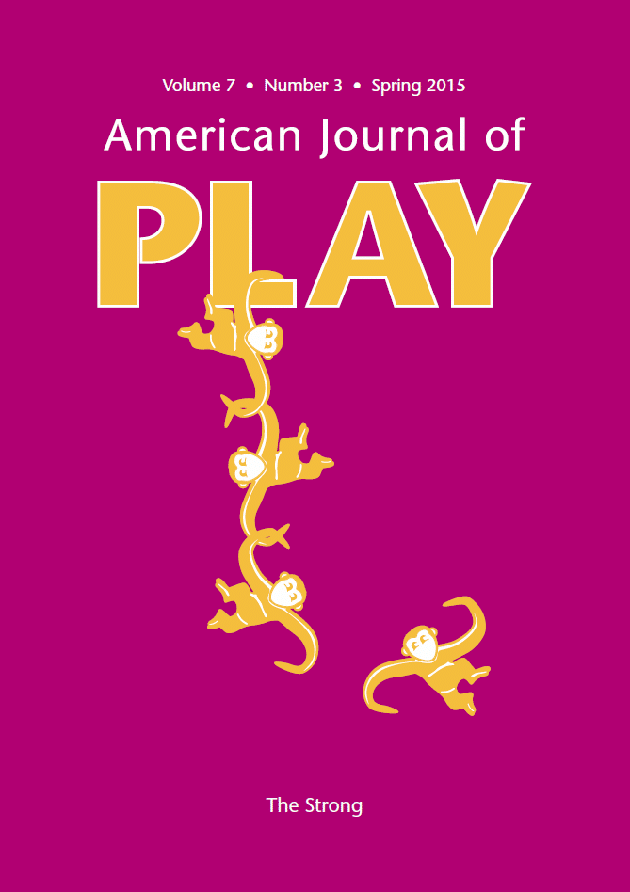Play as a Basic Pathway to the Self: An Interview with Thomas S. Henricks
Thomas S. Henricks is the J. Earl Danieley Professor of Sociology and Distinguished University Professor at Elon University. Since receiving his doctorate in sociology at the University of Chicago, Henricks has investigated the sociology of sports from the fandom of modern American professional wrestling to the relationship between sports and social stratification in preindustrial England. Currently his interests include social theory, modernization and change, popular culture, race and ethnic relations, and, especially, the physiological, environmental, social, cultural, and psychological relationships that shape behavior and experience in sports and play. His Play and the Human Condition appeared in 2015. His other books include Disputed Pleasures: Sport and Society in Preindustrial England; Play Reconsidered: Sociological Perspectives on Human Pleasure; and Selves, Societies, and Emotions: Understanding the Pathways of Experience. Henricks also writes a blog “The Pathways of Experience” for Psychology Today, focusing on the nature of human play and other main avenues of human expression: work, ritual, and the civic spirit of celebration he calls communitas. In this interview, Henricks discusses the study of play and notes how play gives both scholars and players a way of understanding human potential individually, in small social circles, and in larger communities. Key words: communitas; leisure as play; play and emotions; play scholars; play studies; ritual; social experience; sport and play; work





